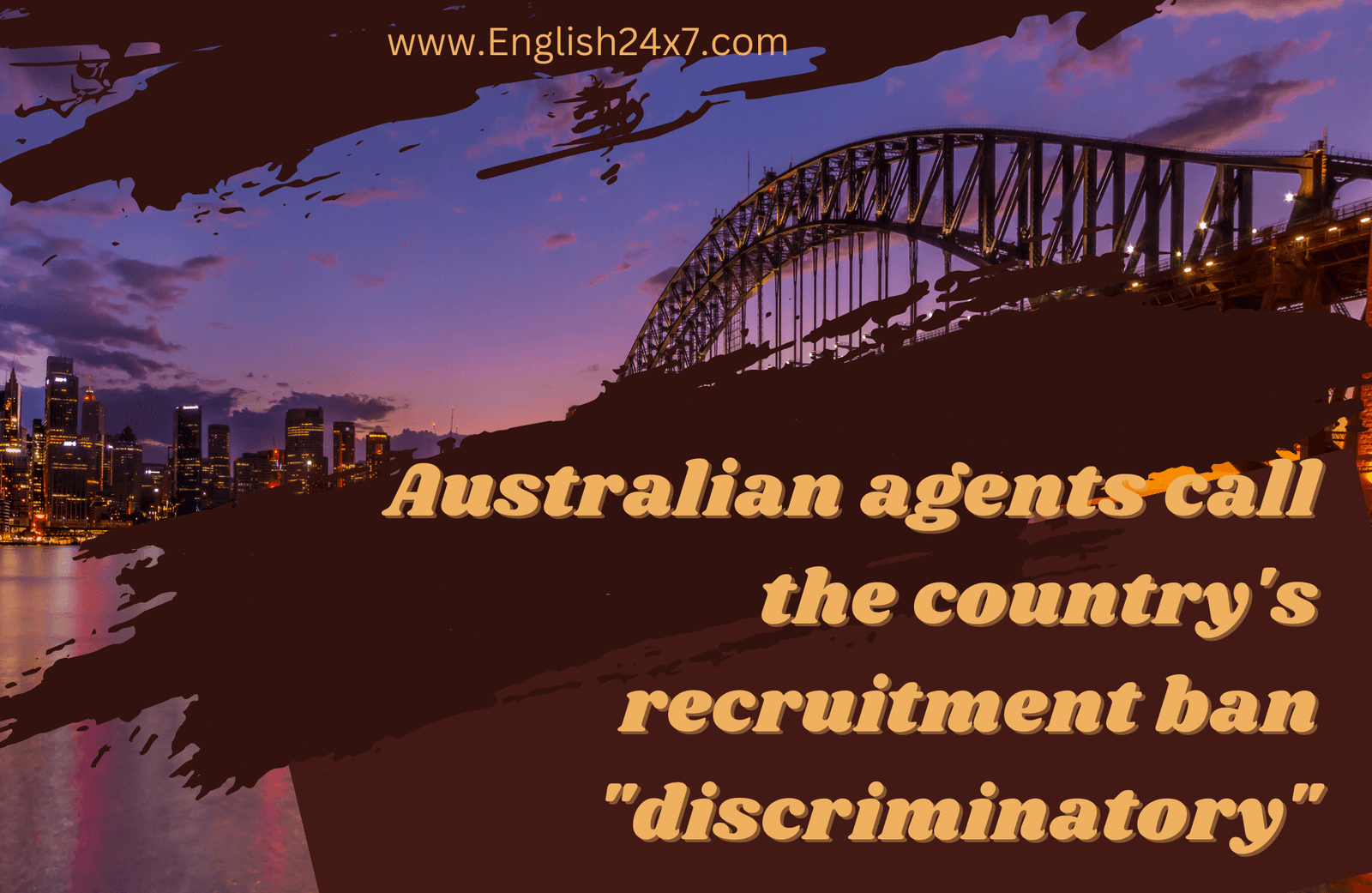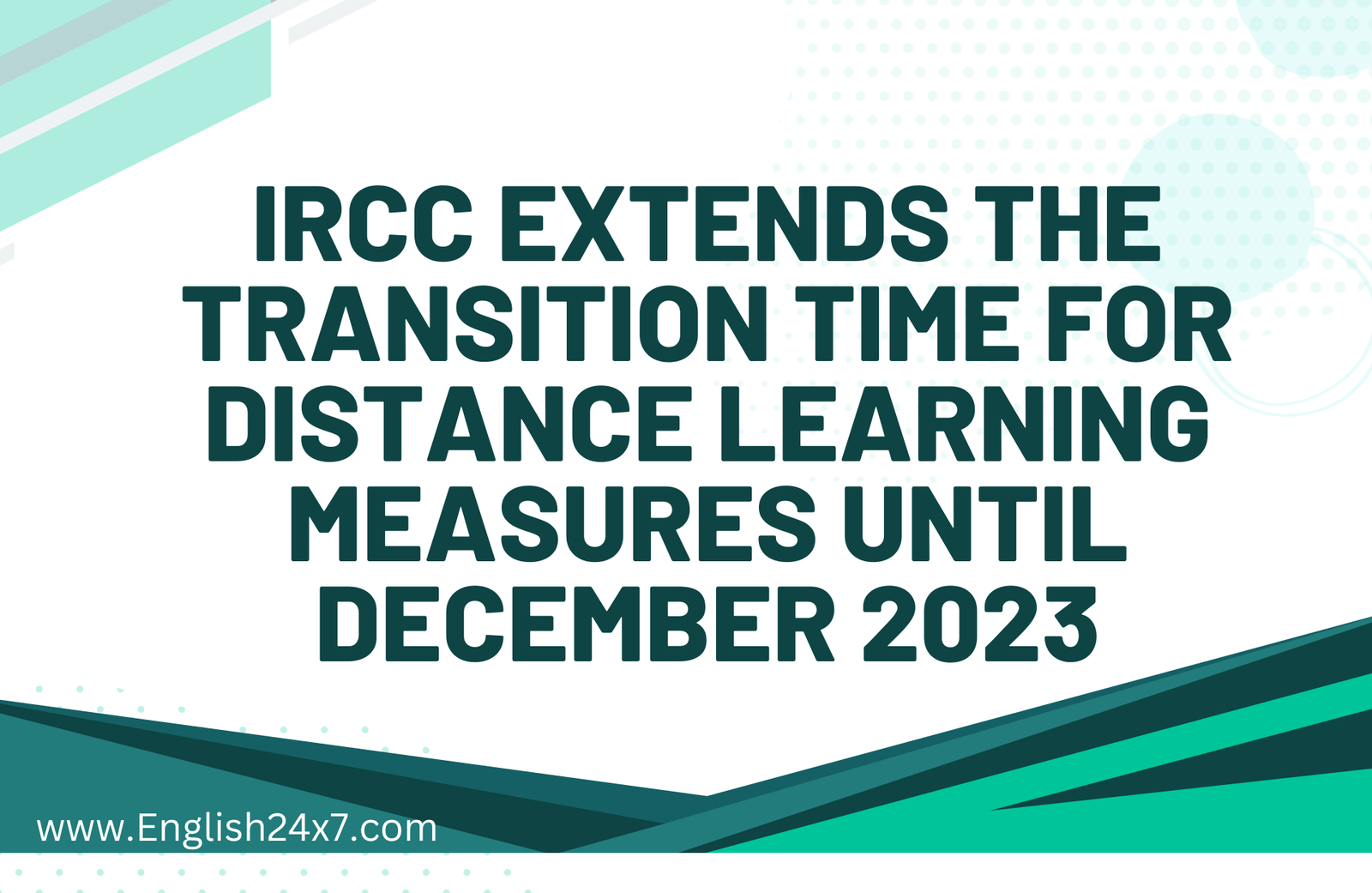
Australian agents call the country's recruitment ban "discriminatory"
Indian agents have urged Australian colleges to overturn a decision to halt hiring from some areas of North India, claiming the action veers dangerously close to discrimination.
Twelve universities have currently temporarily halted accepting applications from residents of Punjab and Haryana.
According to Ravi Lochan Singh, president of the Association of Australian Education Representatives in India, some 12 universities have currently temporarily ceased accepting applications from residents of Punjab and Haryana.
Last week, Edith Cowan University informed The PIE News that it had made this choice because of an increase in the number of visa rejections from these regions and worries regarding the academic development of its students.
The'sudden' decision disqualifies "potential and genuinely interested students" from these locations from applying, according to a letter addressed to Australia's education minister by AAERI.
The organization said that it is "grossly unjust and discriminatory" to assume that all pupils from Punjab and Haryana are "high-risk" students.
"We feel it prejudiced and deters the interest of genuine and good students from those regions to frequently identify a few places as Red Zones or to advise Agents not to enroll any students from the aforesaid regions," the group wrote.
Such arbitrary and ad hoc choices "may demotivate the students, agents, and could bring down the wonderful reputation of Australian Education across [the] Indian Student Community," according to the statement.
All students should be given a "fair shot," the AAERI urged universities.
According to Lochan Singh, who spoke to The PIE, "most institutions have to protect their own interests, but they need to realize 'now' that unintentionally, the communications that disfavour real students just because they are from particular locations in India edge on discrimination.
The increase in fraudulent applications from these regions alarmed Australia's immigration department last year, but the DHA has denied to AAERI that it is telling institutions to stop hiring.
AAERI noted that one Australian university did not accept applications from married Indian students and expressed larger concerns about discrimination.
In its letter to the government, the organization made a similar request made by a number of other institutions in a parliamentary inquiry into Australia's overseas education sector: a reassessment of the genuine temporary entrant condition in visa applications.
Despite Australia's objectives encouraging young people to immigrate to the country with post-study work opportunities, the process means that immigration personnel are likely to reject students who they feel may be seeking to remain in the country after completing their studies.
It should be reevaluated, according to AAERI, to "guarantee straightforward and simpler implementation process," which would streamline application processes and accelerate admissions.
"Australian institutions are in regular contact with government over visa processing and respond accordingly to intelligence provided by the Department of Home Affairs," said Peter Chesworth, interim chief executive of Universities Australia.
To safeguard the integrity of our systems, the sector is dedicated to making sure visa procedures are as comprehensive and robust as feasible.
It happens as Australia and India strengthen their relationship through a new qualification recognition agreement that will facilitate student travel between the two nations. Deakin University also declared its intention to open a branch campus there.
According to data from the Department of Home Affairs, Australia's student permit grant rate for Indian students studying abroad was 81% in January 2023.







